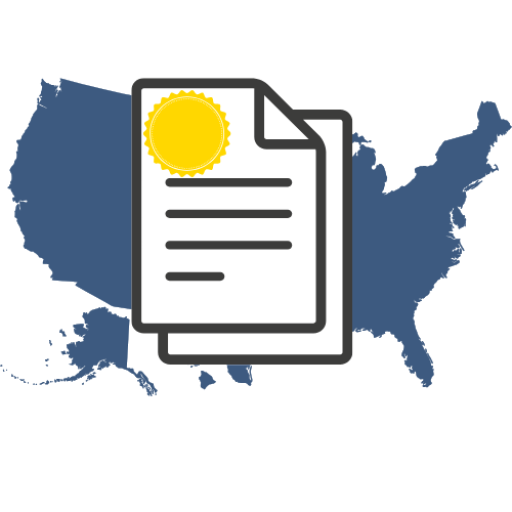USA Pesticide Registration – Vermont Pesticide Regulations
Navigating Vermont‘s Pesticide Registration Requirements
Navigating the pesticide product registration process in Vermont requires a comprehensive understanding of state-specific regulations and compliance requirements. This article provides an overview of the essential steps and considerations for pesticide manufacturers and distributors aiming to register their products in the state.
Need Assistance?
Navigating the complexities of pesticide product registration can be challenging. Our consultancy specializes in state registrations and can guide you through the entire process, ensuring compliance and smooth market entry. Contact us today for expert assistance with your product registration needs.
Regulatory Framework
In Vermont, pesticide registration is mandated by state law, which classifies pesticides as “economic poisons.” All pesticide products, including those considered “Minimum Risk Pesticides” under federal definitions (25(b) federally exempt), must be registered with the Vermont Agency of Agriculture, Food and Markets (VAAFM) prior to sale, use, or distribution within the state.
Classification of Pesticides
Pesticides in Vermont are classified into three categories based on their usage and potential risks:
Class A Pesticides
These are restricted-use pesticides, which include all products restricted by the EPA or the State of Vermont. Notable examples include neonicotinoid products for outdoor use and second-generation rodenticides. Dealers and users of Class A pesticides must obtain a Certification as a Dealer or Applicator from the VAAFM.
Class B Pesticides
These general-use pesticides typically contain more than 3% active ingredients and are primarily used outdoors. All turf products fall into this category, with exceptions like products containing Bacillus thuringiensis, which are classified as Class C.
Class C Pesticides
These are general-use products with less than 3% active ingredients, suitable for use in and around the home. This category includes antimicrobials, insect repellents, and swimming pool supplies.
Registration Process
To register a pesticide product in Vermont, manufacturers must submit a comprehensive application to the VAAFM. The application must include:
Detailed product labeling that meets state requirements.
Information about the product’s active and inert ingredients.
A completed registration form, including a UPC code or company product number.
Detailed product labeling that meets state requirements.
Information about the product’s active and inert ingredients.
A completed registration form, including a UPC code or company product number.
Each application is reviewed to ensure compliance with state and federal regulations, and products are classified into one of the three categories mentioned above.
Compliance and Enforcement
Pesticide applicators and dealers in Vermont must adhere to stringent compliance and reporting requirements. Proper usage, storage, and disposal of pesticides are critical components of these regulations. Homeowners and professionals must follow label directions and dispose of unused pesticides through designated hazardous waste collections.
For further details on pesticide registration and compliance in Vermont, consult the Vermont Agency of Agriculture, Food and Markets website.
How We Can Help
Navigating pesticide registration requirements can be complex and time-consuming. Our consultancy specializes in state registrations and can assist you through every step of the process. From application preparation to ensuring compliance with state regulations, we provide expert guidance tailored to your needs. Contact us today to learn how we can support your pesticide registration efforts in Vermont.
